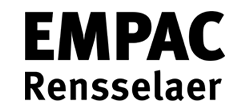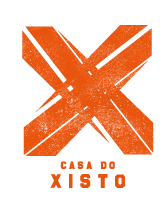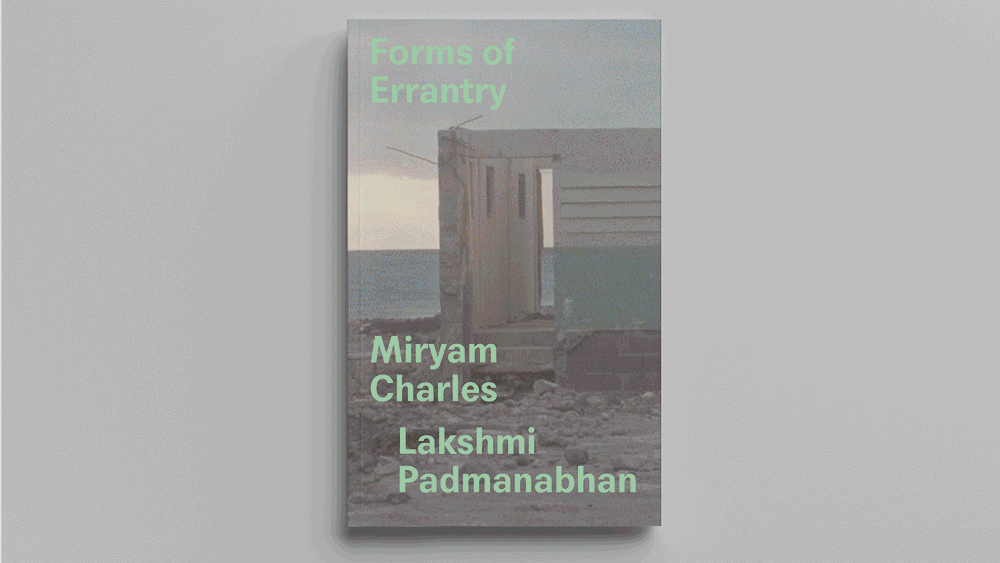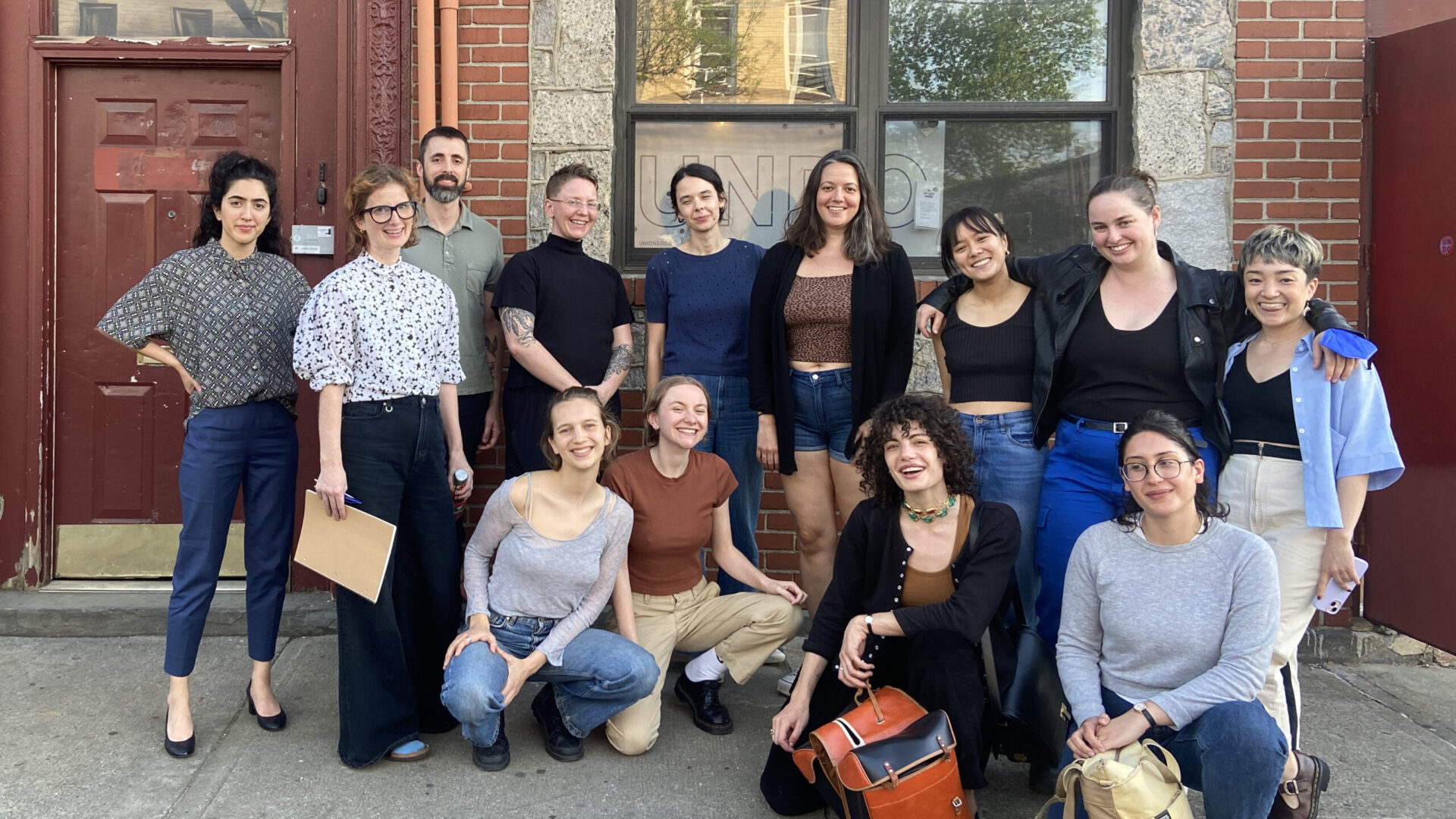The UNDO Fellowship
Collaborative research
for new practices in
documentary art
Have more questions after reading the Overview?
Learn more about the background, and frequently asked questions surrounding this opportunity. Get your questions answered, and be in touch with the form below if you still need some clarification.
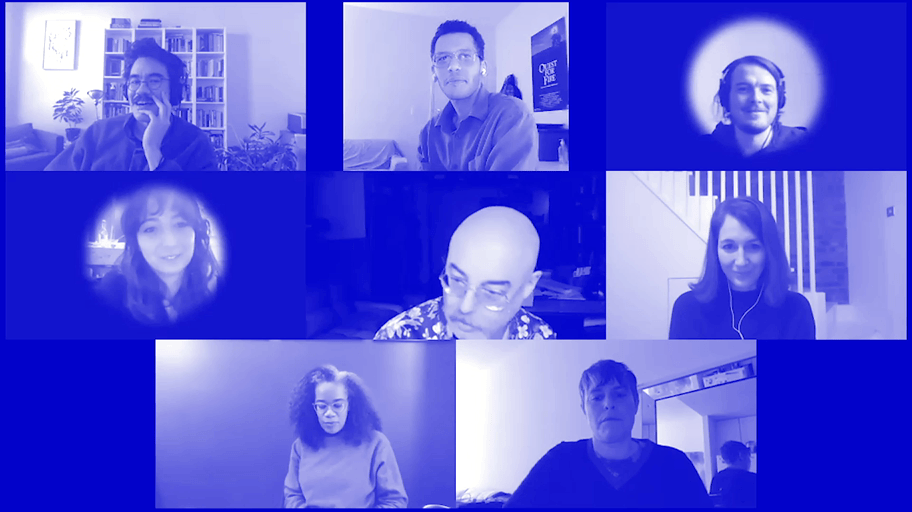
Background
Saturated in images and information, audiences are increasingly distrustful of inherited ways of picturing the world and have become more sophisticated in reading media. Narratives that are too transparent in their purpose are easily discounted as biased, and the power relations that are always part of image-making are routinely called out as inequitable. Values have evolved beyond simple representations of our complex times. New voices, new attitudes and new approaches in documentary making have the potential to bring together, galvanize and creatively challenge those who imagine a more progressive vision of society. Like the poet, the documentary artist’s task is to create new languages, new possibilities of representation in film in order to express the unrecorded lives of communities for whom existing forms of filmmaking are inadequate. They have to invent a new grammar to transform the historical legacy of inequality into the possibility of a creative practice. We cannot, however, expect such powerful aesthetic innovations to develop exclusively from the sweat and sacrifice of the artist in solitude. Engendering such work requires support— in the practical resources that allow for deep and sustained creative explorations, in bringing together community to discuss and celebrate this work, as well as through considerable efforts to understand, interpret, and contextualize these new and nascent practices.
To encourage experimentation in practice and form, each pair will foreground a central “motivating question” to be researched and explored over the fellowship period. In tandem with a review of the artist’s portfolio and the writer’s published work, the selection panel will consider the merit of this question and its relevance to contemporary struggles within social change movements. This criteria necessarily concentrates attention on a pool of artists who not only seek groundbreaking formal invention in their work, but are also acutely concerned with how their work affects society and enters the political landscape.
The impact of formally adventurous, artful documentary on social change and equality has not been appropriately studied and articulated. Artistic work often circulates in smaller audiences through a slow, long period of distribution, offers experiences, ideas, and narratives that are not easily summarized, and can be directly critical of the manipulations present in advocacy film. While hard to capture with quantitative metrics, it would be foolish to underestimate the power this work has to ask important personal and social questions, to push audiences beyond comfortable worldviews, to create new languages that offer alternate angles of communication on the persistent causes and manifold effects of inequality, and to create shared aesthetic experience and emotional points of references that can generate empathy and strengthen connections in communities of activism. Still, chronicling and understanding these operations in the world are not simple tasks. They must be the subject of research and writing.
The avenues of support for formally adventurous, artful documentary are few, yet the appetite and necessity for new cinematic languages is growing. Funding frameworks which foreground audience scale, direct policy influence, and the reproducibility of a message tend to put artistic work at a disadvantage. An artistic nonfiction practice may also be left out of documentary funding opportunities because it does not share the industrialized production norms of filmmaking aimed at mainstream distribution. Artistic practice is often personal, idiosyncratic and exploratory. The maker generally takes principal authority over both the creation or acquisition of images and sound as well as the editing or formal construction of their projects. Filmmakers working in this mode may pursue multiple projects simultaneously, take big risks on directions that take years to crystalize, or invest significant effort in experiments that fail but open doors to entirely new approaches. The prevailing funding models of project-based support, however, ask for clarity in purpose and approach, representative work samples, and production timelines and impact statements that are efficient and accurate. While many artists strive to create moving images that communicate ideas and emotions that are difficult to reproduce in words, in granting processes they are routinely tasked with persuasive writing about their own work, arguing for its worthiness and identifying its position relative to other work. At best, the process of squeezing a dynamic artistic practice into this mold can be awkward. At worst, it is a discouraging experience that dismisses nonconforming creativity and the value of individualized processes.
While we have many talented authors, cultural critics and academics working in the field today, their research and writing is oridinarily in response to artistic final products. Thus the influence of their ideas and interpretation is retrospective and their knowledge of artistic process can be limited. Rarely are they able to engage in the creative practice and thinking from which new forms of documentary film emerge. This exposure would seem to be a significant reciprocal benefit. Likewise, the effort of the researcher and writer is rarely directed towards a specific artist, instead they are primarily in service of a select readership or community engaged in a specialized discipline. The hope is that the deep intellectual engagement that comes out of this initiative will offer the artist fellow validation in the art community, a recognition of their past creative achievements, a strong vote of confidence in their ability to continue to produce meaningful work, as well as a new set of provocations and possibilities.
FAQ
July 22, 2021.
Applications should be submitted by Wednesday August 4th at 11:59pm (EST).
The fellowship will run from Fall 2021 to Fall 2022.
Yes, you must be nominated to apply. Once nominated, you’ll be sent a link to part one of the application.
This fellowship is for North American (US, Canada, and Mexico-based) artists and writers. The fellowship will be conducted in English.
You must be invited to nominate a candidate. To nominate, please fill out the submission form linked in your invite email.
UnionDocs has done work to reach out to a diverse group of nominators from across disciplines in order to form a competitive and exciting pool of applicants. Please only nominate someone if you have been invited.
In part one of the application, we are inviting writers and documentary filmmakers to apply as individuals. UnionDocs will lead a matchmaking process that will pair-up selected writers and filmmakers, who will then be invited to develop a shared research proposal for part two of the application.
After you have been nominated and received an invitation to apply, please fill out part one of the application which is very brief. Artists will be asked to submit their biography, artist statement, links to work samples, and a few other details. Writers will be asked to submit their biography, pdfs of writing samples, and answer a few general questions.
Your application will be reviewed by the panel. If you are selected for part two of the application process, you will take part in a brief matchmaking process lead by UnionDocs that will pair-up selected writers and filmmakers. Once paired up, you will be invited to submit part two of the application. This includes developing a motivating question and shared research proposal. The writer applicant is responsible for submitting part two, but with consultation and feedback from the filmmaker applicant.
Writers in the second round will have one week to review the work of artists in the second round. They will then submit a ranking by preference of who they would like to work with. Artists will also be consulted to confirm their preferences and acceptance of the partnership in this process as well. Once paired, the artist and writer will have two weeks to develop a short proposal for part two of the application.
The team at UnionDocs, and representatives from our partners at EMPAC, DocLisboa, and Cinema Tropical.
You can nominate a desired collaborator and if you both are invited to submit a proposal, it is possible to pair up.
This fellowship is geared towards filmmakers with substantive portfolios demonstrating significant formal experimentation and writers with established research skills and exemplary published work. If you are still in an earlier phase of artistic development, we encourage you to check out our other Workshops and Labs for growth opportunities.
No. Writers from disciplines beyond film studies or film criticism are strongly encouraged to apply.
We are not looking for script writers. The fellowship is focused on developing a critical discourse, sharing research, ideas, and references, authoring an original work for publication, and editing a small volume of essays on the research question.
For the second stage of the application process, you will elaborate on a central question that will motivate the exchange, research, and writing and editing that is part of the fellowship.
No, but you must be able to attend the in-person commitments. Monthly meetings will be held via video conference.
Travel and lodging will be provided for all of the in-person commitments listed here below:
- Public Seminar at DocLisboa in Lisbon, Portugal & Retreat | October 21-30 2021
- Public Symposium with presentations, screenings and panel discussions in October 2022, EMPAC, Troy, NY.
- Travel and lodging will be provided for all in-person commitments.
- Publishing a series of informal entries to be published at least once each month in an open exchange, an online space for documenting the ongoing dialogue and sharing progress around the proposed question.
- 8 video conferences with the group of fellows to respond to open notebook entries, share progress and challenges, and offer feedback and critique. Each pair will be asked to lead two of these sessions; they will share material for the group to screen in advance and structure the conversation.
- Involvement in the design of a public curriculum to be shared at an UNDO Study Group with UnionDocs that will open the questions, topics and ideas in the fellowship to a base of online participants.
The fellowship will be granted to eight participants in total, consisting of four writer-filmmaker pairs.
Each fellow will receive $20,000 for their participation in the yearlong program. Funding comes with a few basic requirements, but is otherwise unrestricted for the artists. Funding for the writer is a $15,000 commission, plus a discretionary budget of $5000 for the commissioning components of the reader.
Funding will be distributed in a series of installments over the course of the fellowship period
We are only able to accommodate covering travel for 2 participants per pairing and recommend limiting the collaboration to those who are able to take part in all aspects of the program. This does not mean the work produced with these funds needs to be produced alone, you can still engage with collaborators in a way you might in your everyday practice.
Still have questions? Feel free to write us.
Funding for The UnionDocs Fellowship
generously provided by



